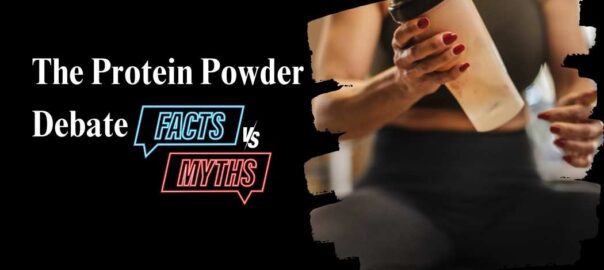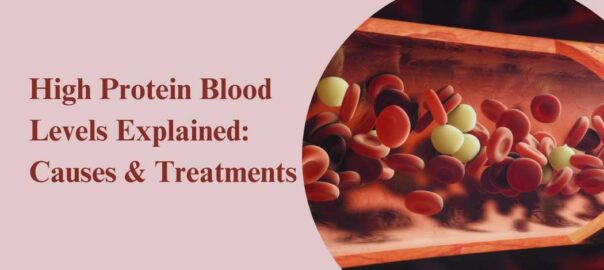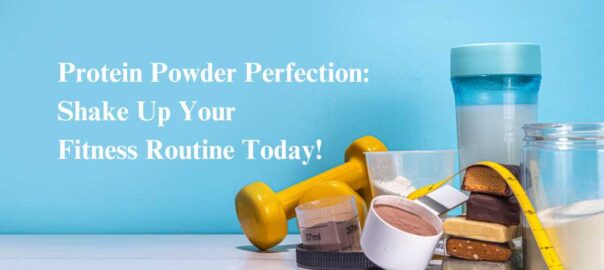
In the pursuit of achieving a healthier lifestyle and a more sculpted physique, protein supplements have emerged as a cornerstone for many fitness enthusiasts. These potent powders, bars, and shakes have revolutionized the way we approach nutrition and muscle development, offering a convenient and effective solution to meet our protein needs. At the forefront of this nutritional revolution lies a plethora of options, each promising to deliver unparalleled results. However, navigating through the sea of choices can be daunting. Fear not, for we are here to guide you on your journey from flab to fab with our expert protein supplement tips.
Understanding the Importance of Protein in Your Diet
Before delving into the realm of protein supplements, it is essential to grasp the fundamental role that protein plays in your diet. As the building blocks of muscle tissue, protein is crucial for muscle repair, growth, and recovery. Additionally, protein aids in weight management by promoting satiety and boosting metabolism. Incorporating an adequate amount of protein into your daily diet is paramount, especially for individuals looking to lose fat and build lean muscle mass.
Choosing the Right Protein Supplement for Your Goals
With a myriad of protein supplements available on the market, selecting the right one can be overwhelming. From whey and casein to plant-based options like soy and pea protein, the choices seem endless. To streamline your decision-making process, it is crucial to align your protein supplement choice with your fitness goals and dietary preferences.
Whey Protein: The Gold Standard for Muscle Growth
Whey protein stands out as the most popular and widely researched protein supplement. Derived from milk during the cheese-making process, whey protein is revered for its rapid digestibility and high amino acid content, making it an ideal choice for muscle recovery and growth. Whether you’re aiming to bulk up or lean out, whey protein can serve as a valuable ally in your fitness journey.
Casein Protein: Sustained Release for Prolonged Muscle Support
Contrary to whey protein, casein undergoes a slower digestion process, resulting in a sustained release of amino acids into the bloodstream. This prolonged nutrient delivery makes casein protein an excellent option for overnight recovery and muscle preservation during prolonged periods of fasting, such as intermittent fasting.
Plant-Based Protein: A Sustainable and Compassionate Choice
For individuals following a plant-based or vegan diet, plant-based protein supplements offer a viable alternative to animal-derived options. With advancements in food technology, plant-based proteins such as soy, pea, and brown rice have become increasingly popular due to their complete amino acid profile and sustainability.
Maximizing the Benefits of Protein Supplements
Incorporating protein supplements into your diet is just the first step towards achieving your fitness goals. To maximize the benefits of these potent powders, consider the following tips:
Timing Is Key: Optimize Your Protein Intake
To capitalize on the muscle-building and recovery benefits of protein supplements, aim to consume them at strategic times throughout the day. Post-workout, your muscles are primed for nutrient absorption, making it an ideal window to refuel with a protein shake or smoothie. Additionally, incorporating protein-rich snacks between meals can help sustain muscle protein synthesis and curb cravings.
Personalize Your Protein Intake: Tailor to Your Needs
While general protein guidelines serve as a useful starting point, it’s essential to personalize your protein intake based on factors such as activity level, body composition goals, and metabolic rate. Experiment with different protein sources and timing strategies to find what works best for your unique physiology and lifestyle.
Stay Consistent: Make Protein Supplements a Habit
Consistency is key when it comes to achieving fitness and nutrition goals. Incorporate protein supplements into your daily routine to ensure a steady influx of amino acids and support optimal recovery. Whether it’s a post-workout shake or a protein-packed snack before bed, prioritize protein as a non-negotiable component of your diet.
Conclusion
In the quest for a stronger, leaner, and healthier physique, protein supplements stand as invaluable tools to support your fitness journey. By understanding the role of protein in muscle growth and recovery, selecting the right protein supplement, and optimizing your nutrition strategy, you can unlock your full potential and transform your body from flab to fab. Embrace the power of protein and embark on a journey towards a fitter, happier you.
FAQ’s
The recommended daily intake of protein supplements varies depending on factors such as activity level, body composition goals, and metabolic rate. As a general guideline, aim to consume 0.8 to 1.2 grams of protein per kilogram of body weight per day. However, individuals engaged in intense physical activity or resistance training may require higher protein intake to support muscle repair and growth.
Protein supplements can be beneficial for individuals of all fitness levels, including beginners. However, it’s essential to consult with a healthcare professional or registered dietitian before incorporating protein supplements into your diet, especially if you have any underlying health conditions or dietary restrictions. Additionally, beginners should focus on establishing a balanced diet with whole foods before relying solely on supplements.
Protein supplements can aid in weight loss by promoting satiety, boosting metabolism, and preserving lean muscle mass. Studies have shown that incorporating protein-rich foods and supplements into a calorie-controlled diet can help individuals feel fuller for longer, thereby reducing overall calorie intake. However, it’s essential to pair protein supplementation with a balanced diet and regular exercise for optimal weight loss results.
While protein supplements are generally safe for consumption, excessive intake may lead to digestive discomfort, such as bloating, gas, or diarrhea. Additionally, individuals with kidney or liver conditions should exercise caution when consuming high amounts of protein supplements, as it may put additional strain on these organs. It’s essential to follow recommended serving sizes and consult with a healthcare professional if you experience any adverse reactions
The timing of protein supplementation depends on your fitness goals and daily routine. For optimal muscle recovery and growth, many experts recommend consuming protein supplements within 30 minutes to an hour after a workout, when your muscles are primed for nutrient absorption. Additionally, incorporating protein-rich snacks or meals throughout the day can help maintain a steady influx of amino acids to support muscle protein synthesis and overall energy levels.












